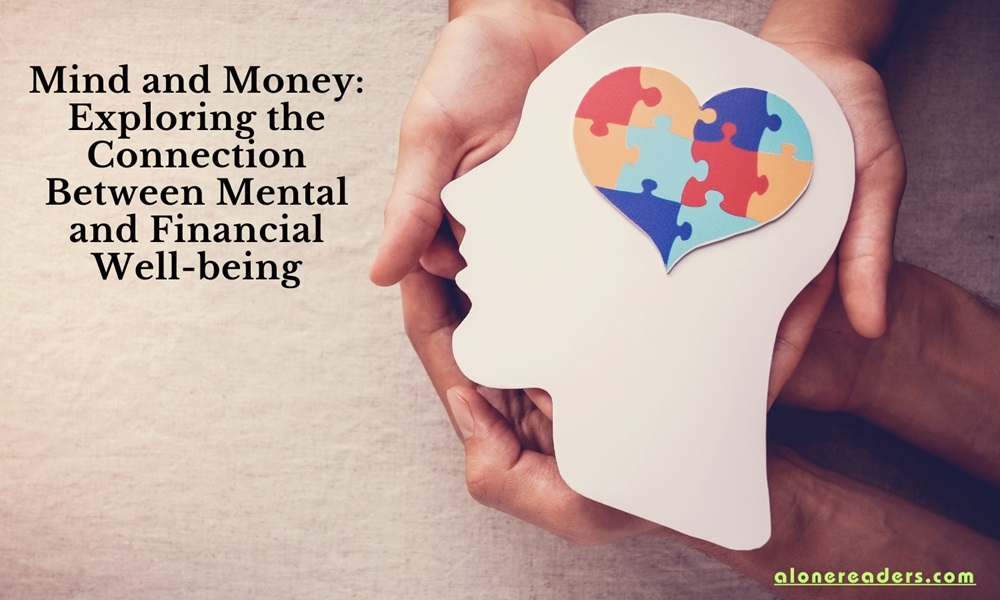
In recent years, the conversation surrounding the intricate relationship between mental health and financial health has gained significant traction. It's becoming increasingly clear that these two aspects of our lives are deeply intertwined. This article delves into the nature of this connection, exploring how mental well-being influences financial decisions and vice versa, and offers insights into managing both for a healthier, more balanced life.
Mental Health Influencing Financial Decisions
Mental health can profoundly impact one's financial decisions. Stress, anxiety, and depression can lead to impulsive spending, poor budgeting, and a lack of long-term financial planning. Conversely, a positive mental state can foster better financial decision-making, promoting savings and prudent investments.
Financial Stress Impacting Mental Well-being
Financial stress is a significant contributor to mental health issues. The strain of debt, the challenge of making ends meet, and the fear of financial instability can lead to anxiety and depression. This can create a vicious cycle where financial worries exacerbate mental health problems, which in turn can lead to more financial difficulties.
Educational Aspect
Financial literacy plays a crucial role in breaking the cycle of poor mental and financial health. Understanding basic financial concepts such as budgeting, saving, investing, and debt management can provide a sense of control and reduce stress related to financial uncertainties.
Empowerment Through Knowledge
Equipping individuals with financial knowledge not only helps in making informed decisions but also boosts confidence and reduces anxiety related to financial matters. This empowerment can have a positive ripple effect on one's mental well-being.
Budgeting and Financial Planning
Creating a budget and a financial plan is a critical step in managing financial health. This process involves setting realistic goals, tracking expenses, and making informed decisions on how to allocate funds. Effective budgeting can reduce financial stress and contribute to a healthier mental state.
Mindfulness and Stress Reduction Techniques
Incorporating mindfulness and stress reduction techniques can help in managing the mental health aspect. Practices like meditation, yoga, and cognitive-behavioral therapy can be effective in reducing anxiety and depression, thereby improving the capacity to make sound financial decisions.
Economic Conditions
The broader economic environment, such as a recession or inflation, can significantly impact both mental and financial health. Understanding these macroeconomic factors and adapting strategies accordingly can help in navigating these challenges more effectively.
Social Support Systems
Social support systems, including family, friends, and professional networks, play a vital role in supporting individuals through financial and mental health challenges. These networks can provide emotional support, advice, and practical help.
Dealing with Debt
Managing debt is a crucial aspect of maintaining financial health. Seeking professional advice, consolidating debts, and creating a repayment plan can help in reducing the mental burden associated with debt.
Emergency Fund Importance
Having an emergency fund is essential for financial stability. This fund acts as a buffer against unexpected expenses, reducing stress and anxiety related to financial uncertainties.
The link between mental health and financial health is undeniable and complex. By understanding this connection and implementing strategies to manage both aspects, individuals can achieve a more balanced and fulfilling life. The key lies in education, mindful practices, and a supportive network, enabling one to navigate the challenges of mental and financial well-being effectively.